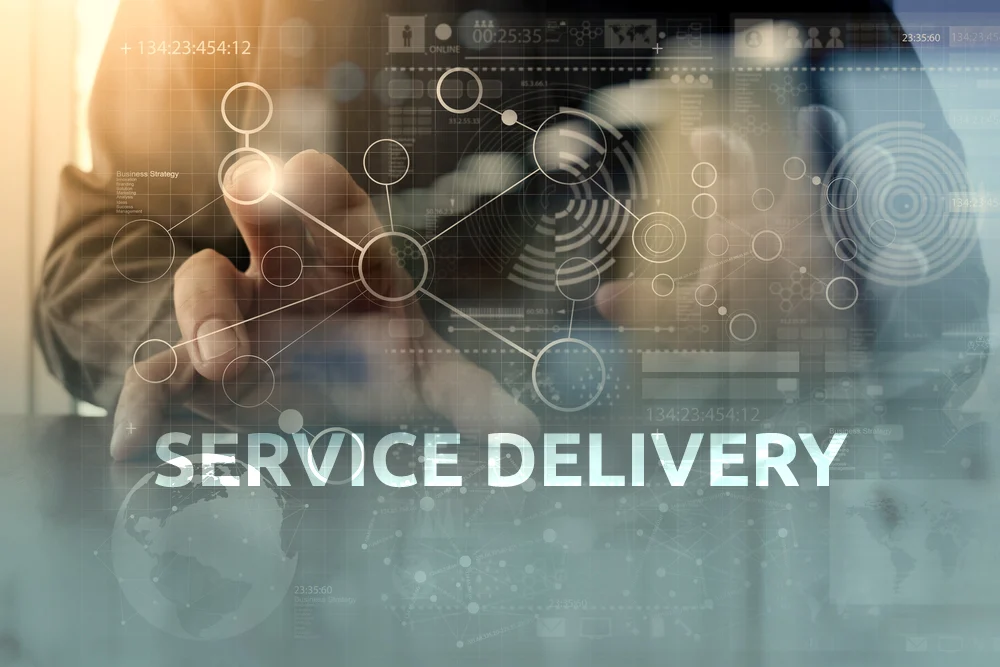Service delivery refers to customer’s perceived expectations of a service with perceived performance or the judgment of service excellence based on their expectations or performance. Technological advancements have made it easier to communicate our customers’ expectations, needs, and demands giving room for the initiation of efficient responses. Delivering superior service and ensuring a high level of customer satisfaction is a non-negotiable aspect of our organization. All aspects of business continuity are hinged on service delivery.
Our organization is now more than ever committed to service delivery and overall customer experience. An organization’s ethical standards and influence on the quality of the product may enhance or reduce customer experience or brand perception. However in order for us to get to the point of customer loyalty, which is the capability to progressively attract and retain a large base of customers, our organization must first ensure overall customers satisfaction, to ensure our customer’s full satisfaction, the first thing our organization tries to understand is long term value of customer’s needs, expectation and standards of quality to be utilized for products and services.
SERVICE DELIVERY IN THE INSURANCE INDUSTRY
Ensuring a great customers experience is the main focus of our organization because, in Insurance, the benefit comes after payment of premiums. Insurance is a long-term relationship, customers cannot give immediate post-purchase evaluation and so overall satisfaction cannot be immediately measured. Due to the nature of insurance products and services that naturally provide future benefits, customers have to rely on brand perception as their first opinion of service quality. Our brand perception is hinged on the prompt payment of claims, technology, simple and understandable policy documents which will be discussed further.
PROMPT CLAIM PAYMENT
A timely response is a major objective in the insurance sector. If the public and policyholder cannot trust that their valid claims will be paid in time by the insurance companies, the customers will find the insurance companies untrustworthy. Knowing that the reputation of an insurance company is hinged on the ability to speedily pay claims, our company ensures service delivery by attending to the claims of our customers in a manner that builds trust.
TECHNOLOGY
Technology has made the interaction between customers and companies a lot easier, technology creates an environment in which customers can access and engage us through various touchpoints. Technology makes responding to inquiries and all information our customers might require instant and fast. Through technologies, we can listen to our customers, understand their needs and help to provide solutions in ways that will satisfy them.
SIMPLE AND UNDERSTANDABLE POLICY DOCUMENT
Many customers of insurance products fail to read and understand the policy document due to its ambiguous words. In the event of non-acceptability of liability, most customers feel insurance companies hide under prints in order not to meet their obligation. It is our job to make sure the policy documents are simple and easy to understand for our customers.
CONCLUSION
Business sustainability is the core of any business and the core of business sustainability itself is our customers. Service delivery and overall customers experience is the most critical factor in business sustainability. It is very necessary to build long-term relationships with customers to build confidence, establish trust and loyalty. Extreme satisfaction is what guarantees customer loyalty.
Reference
Yinka Adekoya (2019). Service Quality. Chartered Insurance Institute of Nigeria Journal










